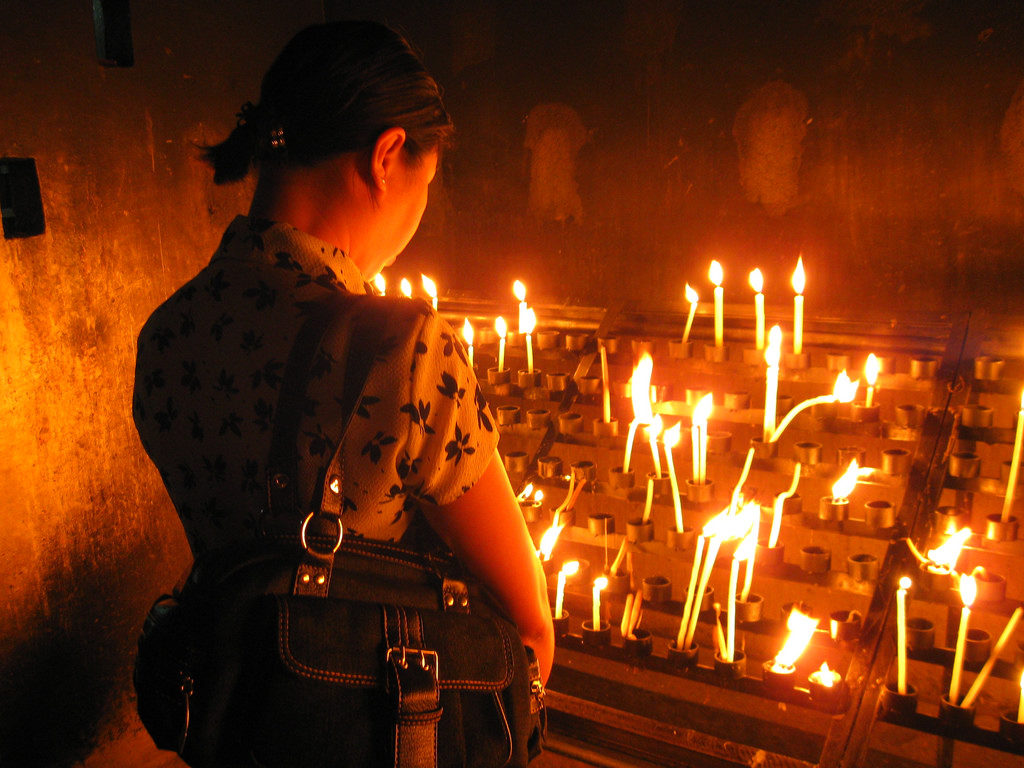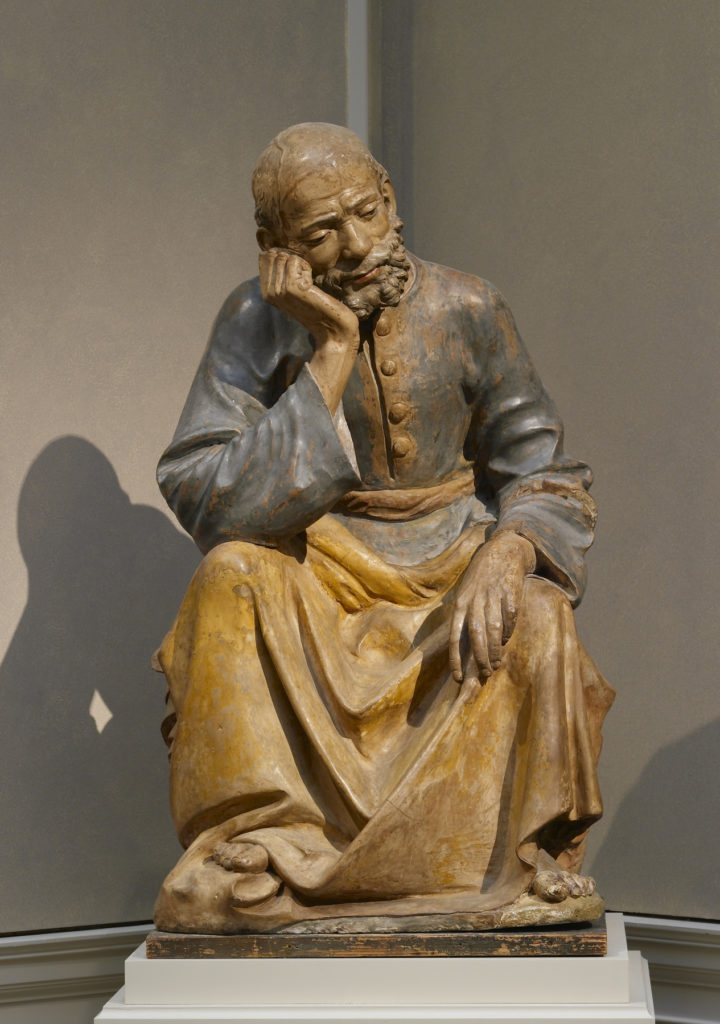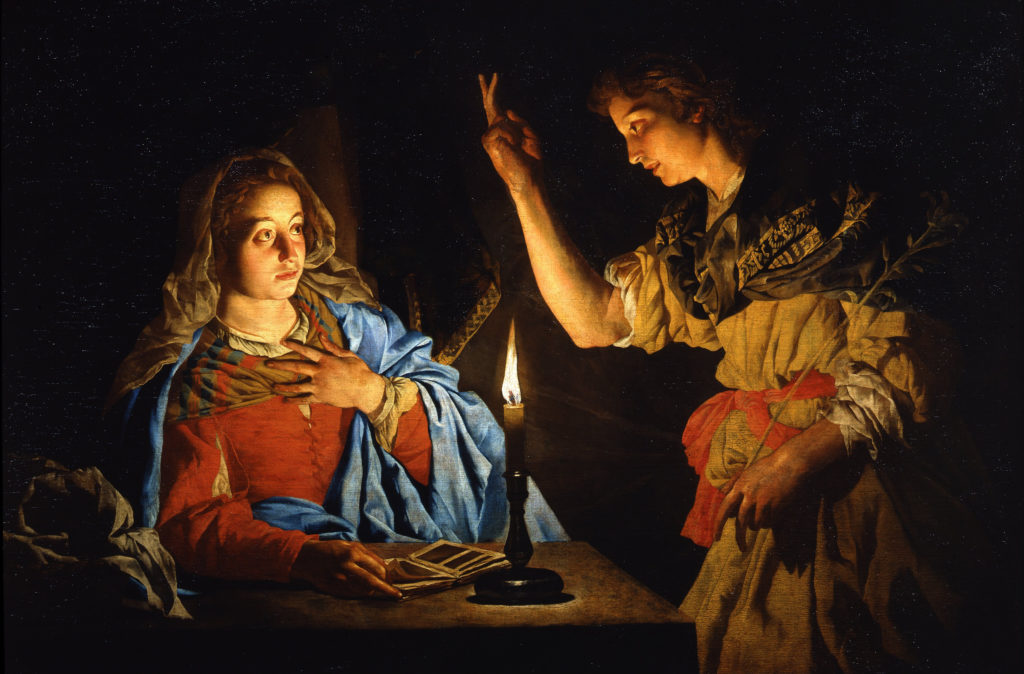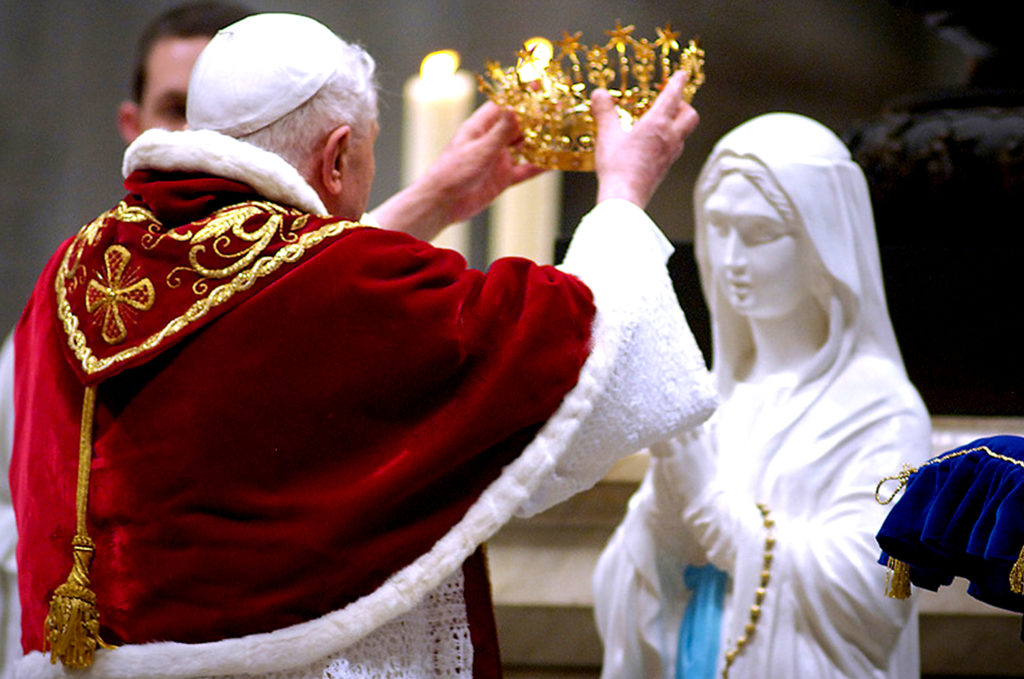How the Rosary Helps Us Overcome Obstacles
I don’t watch a lot of television. However, when I find a few minutes and don’t feel like doing anything serious, I enjoy watching American Ninja Warrior. It’s a show where athletes run through an obstacle course trying to complete increasingly more rigorous feats. Most people fail to complete the entire course. But those that […]
How the Rosary Helps Us Overcome Obstacles Read More »










